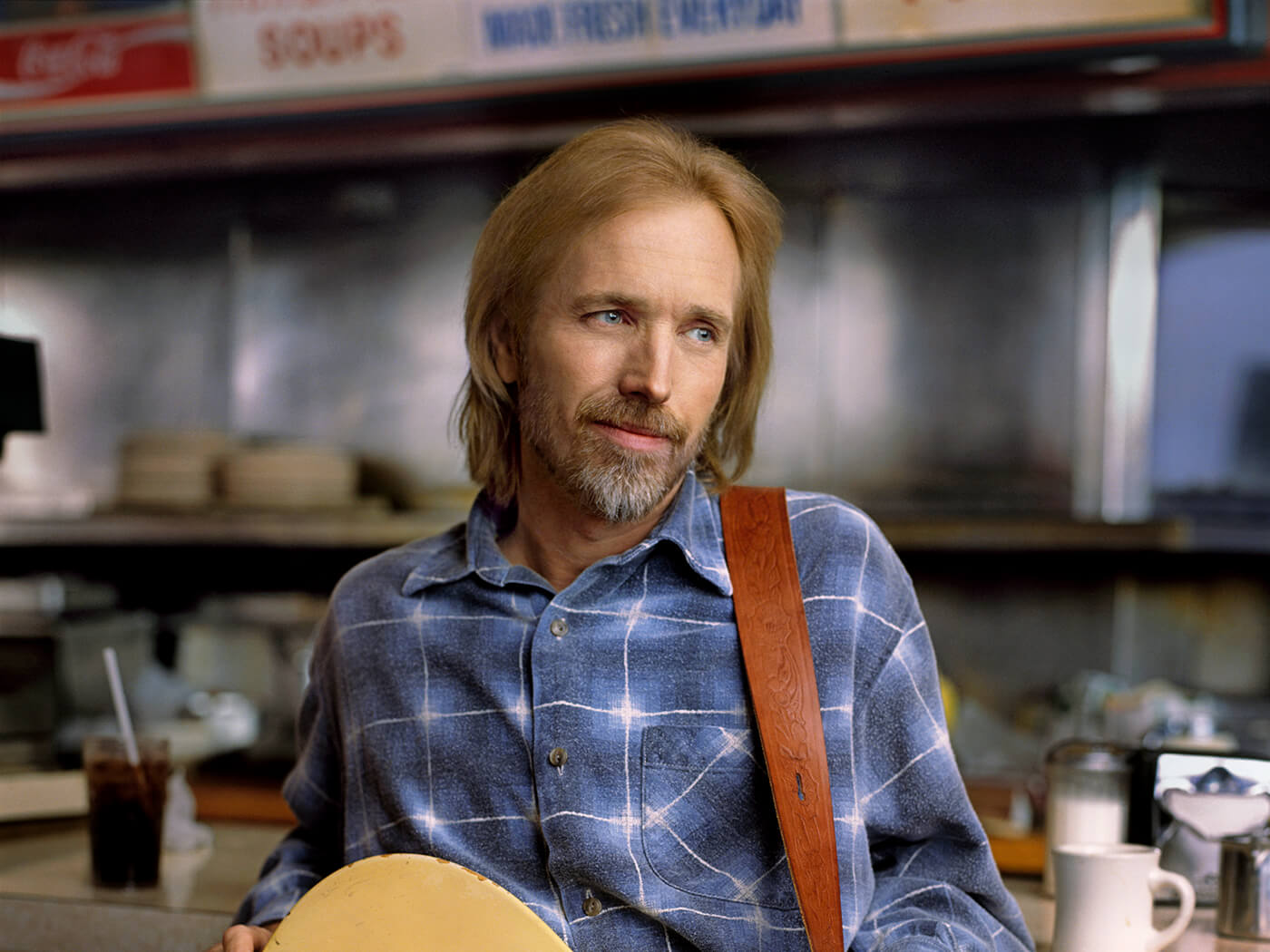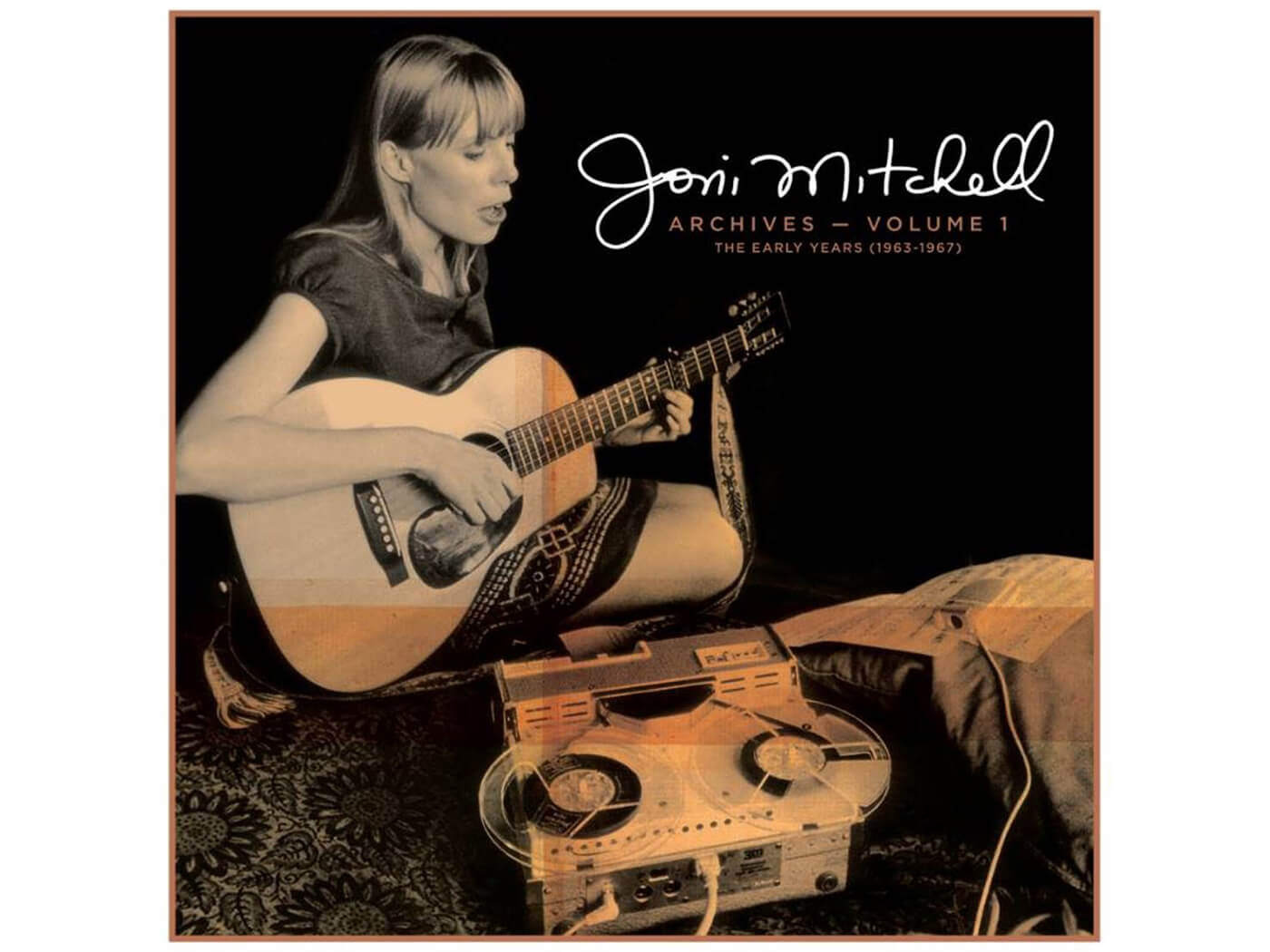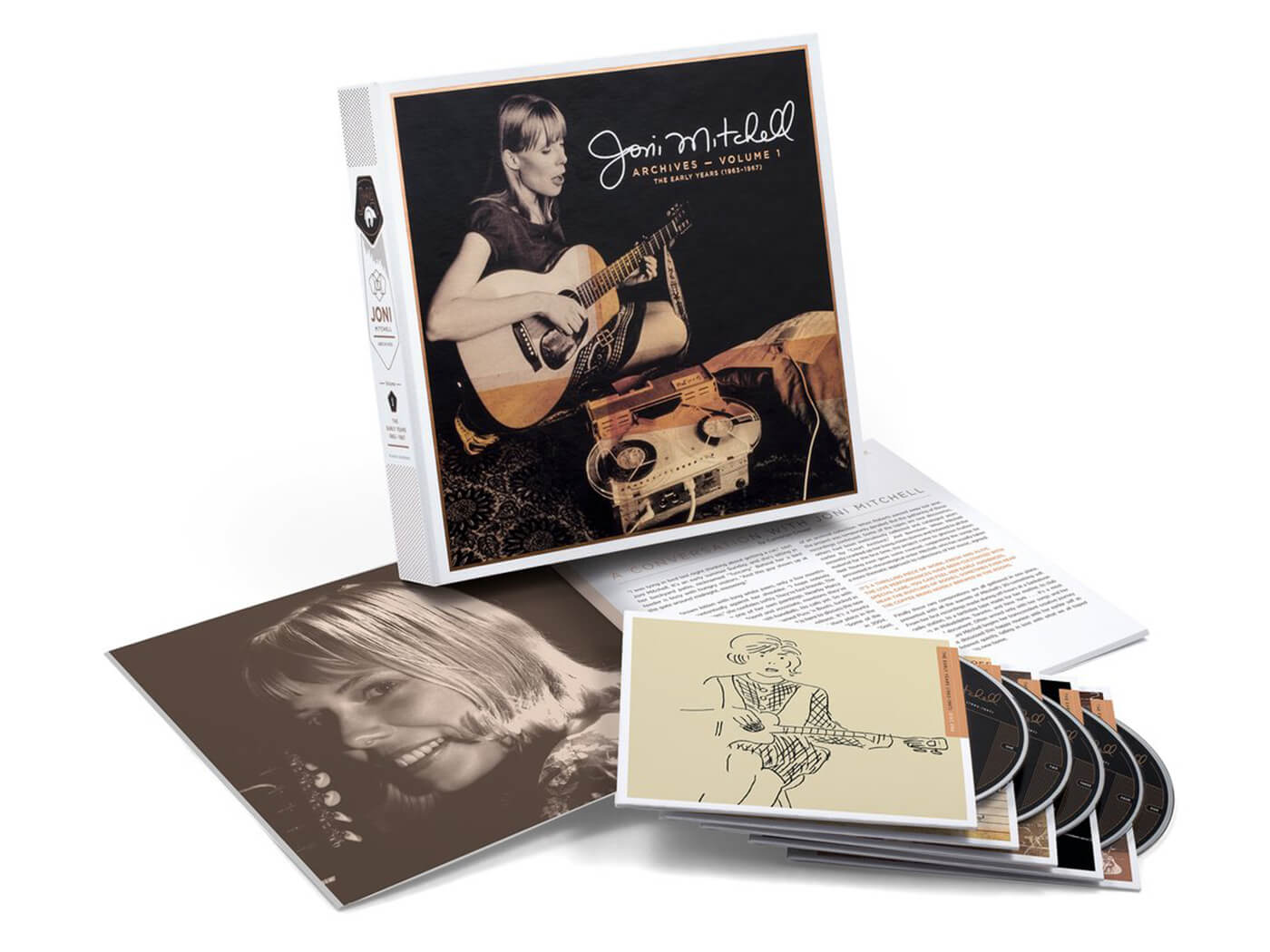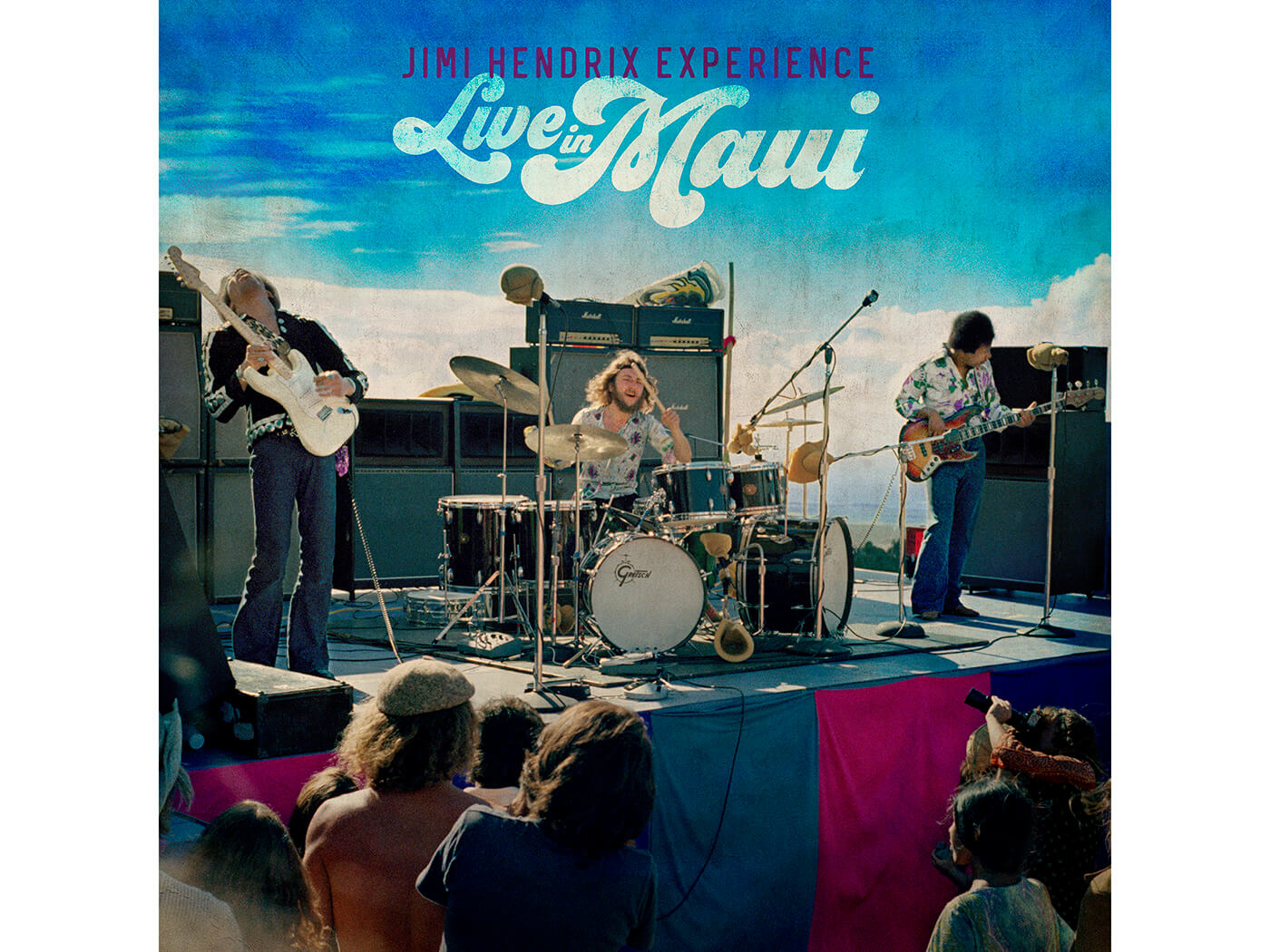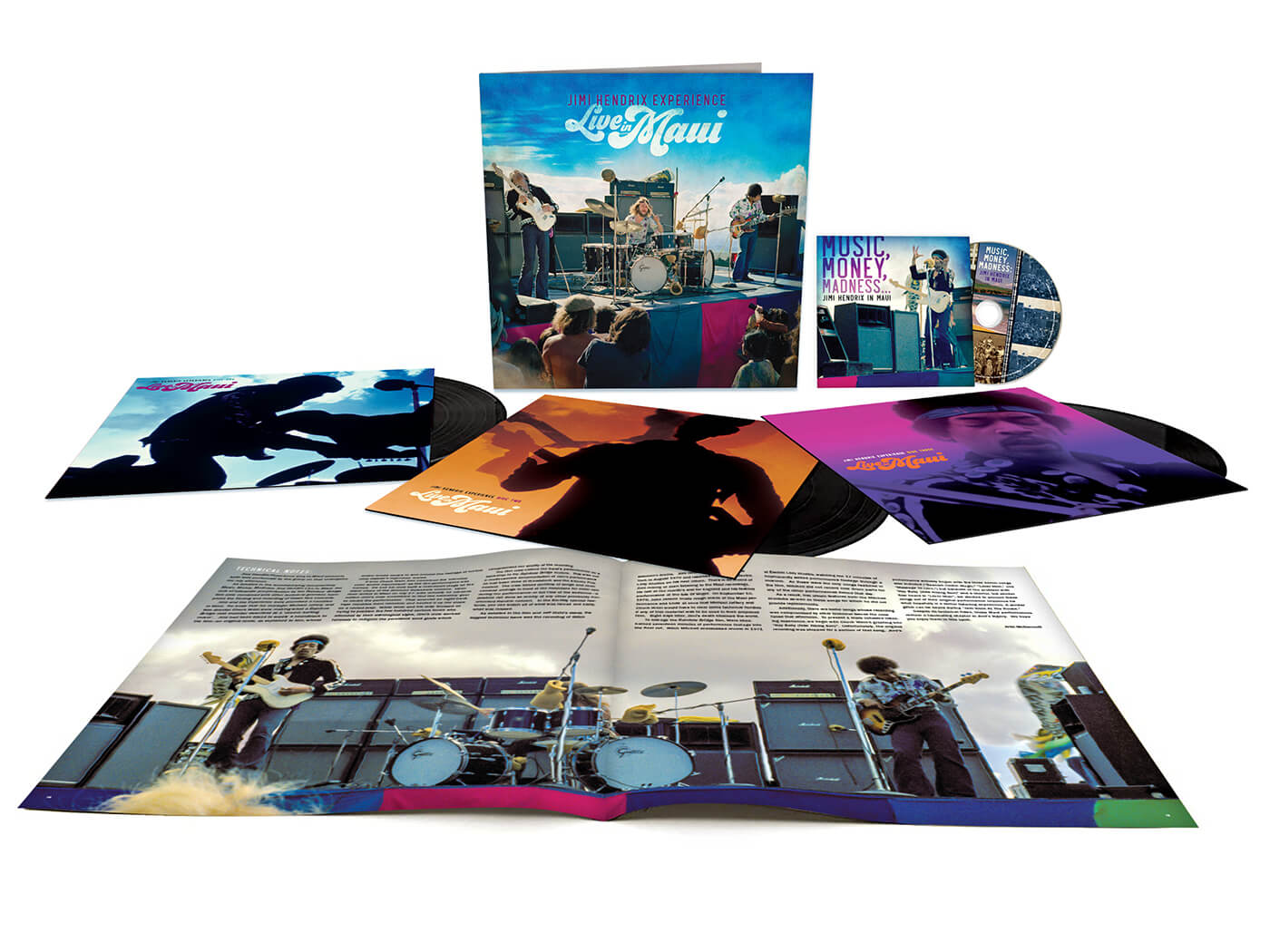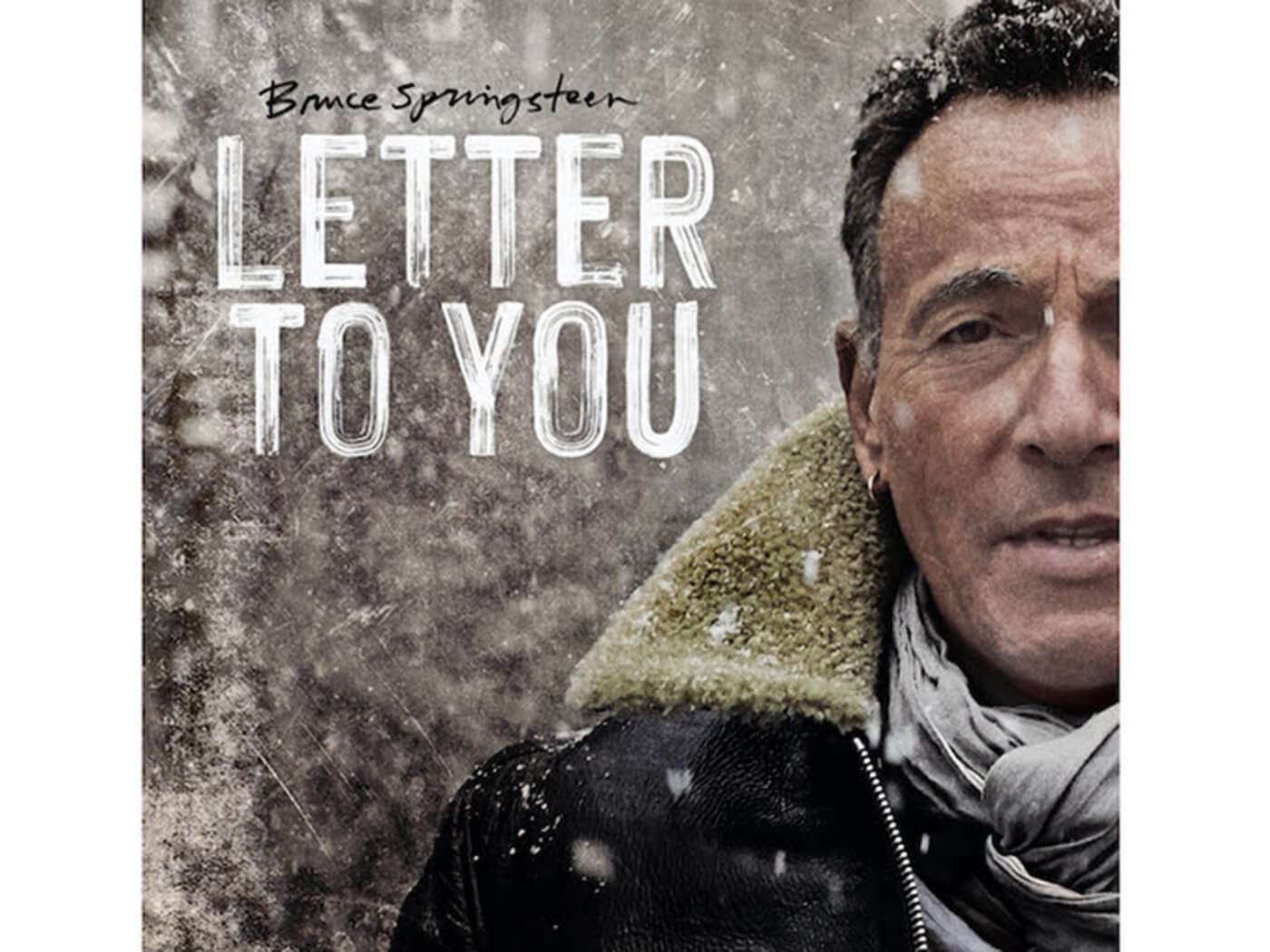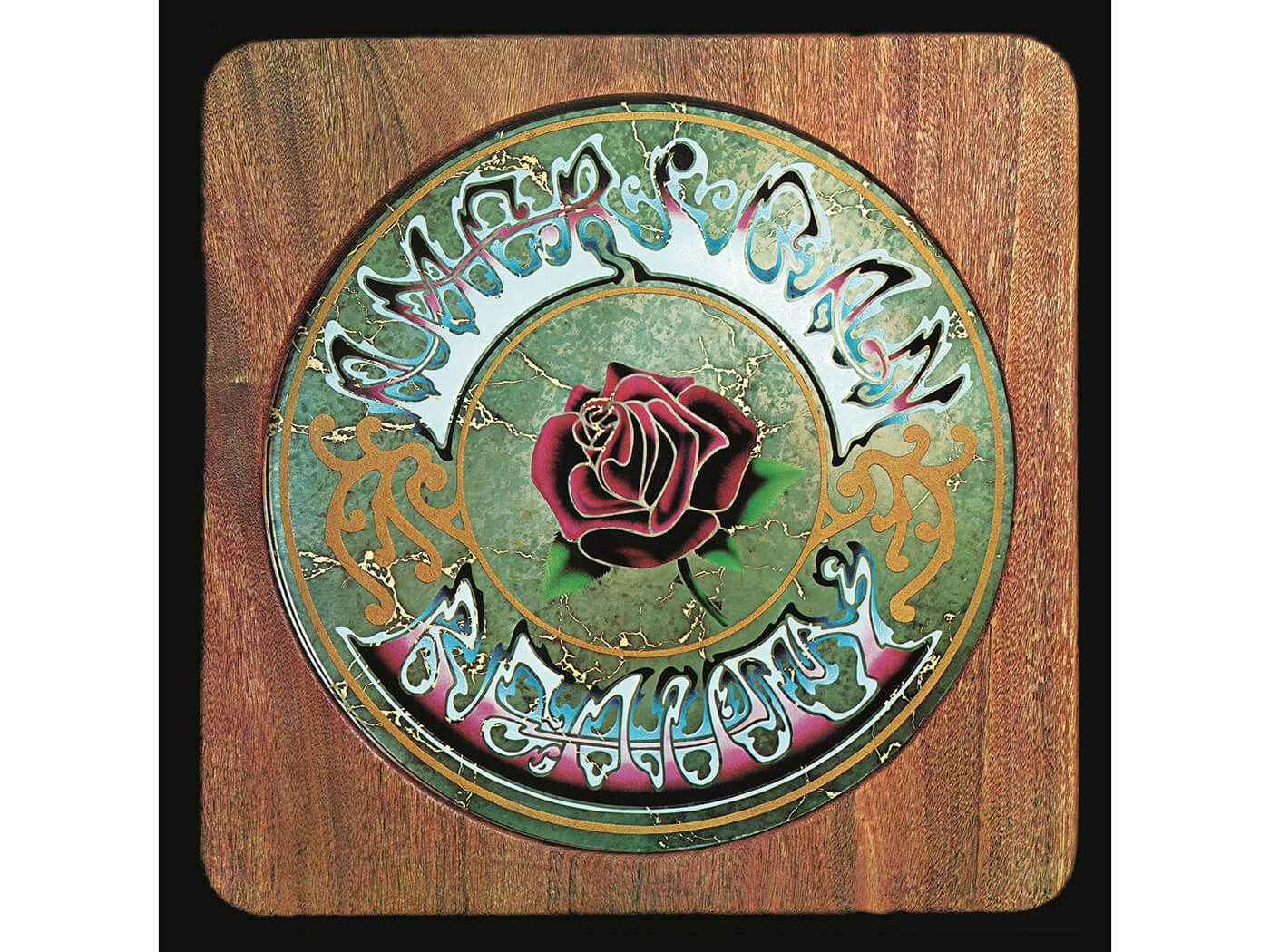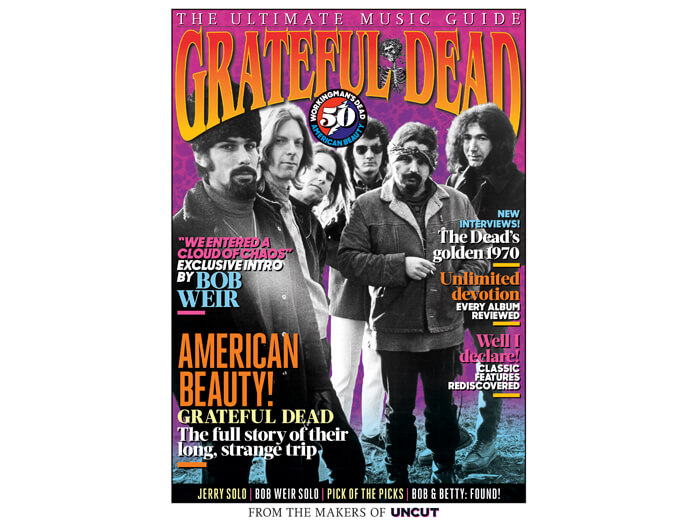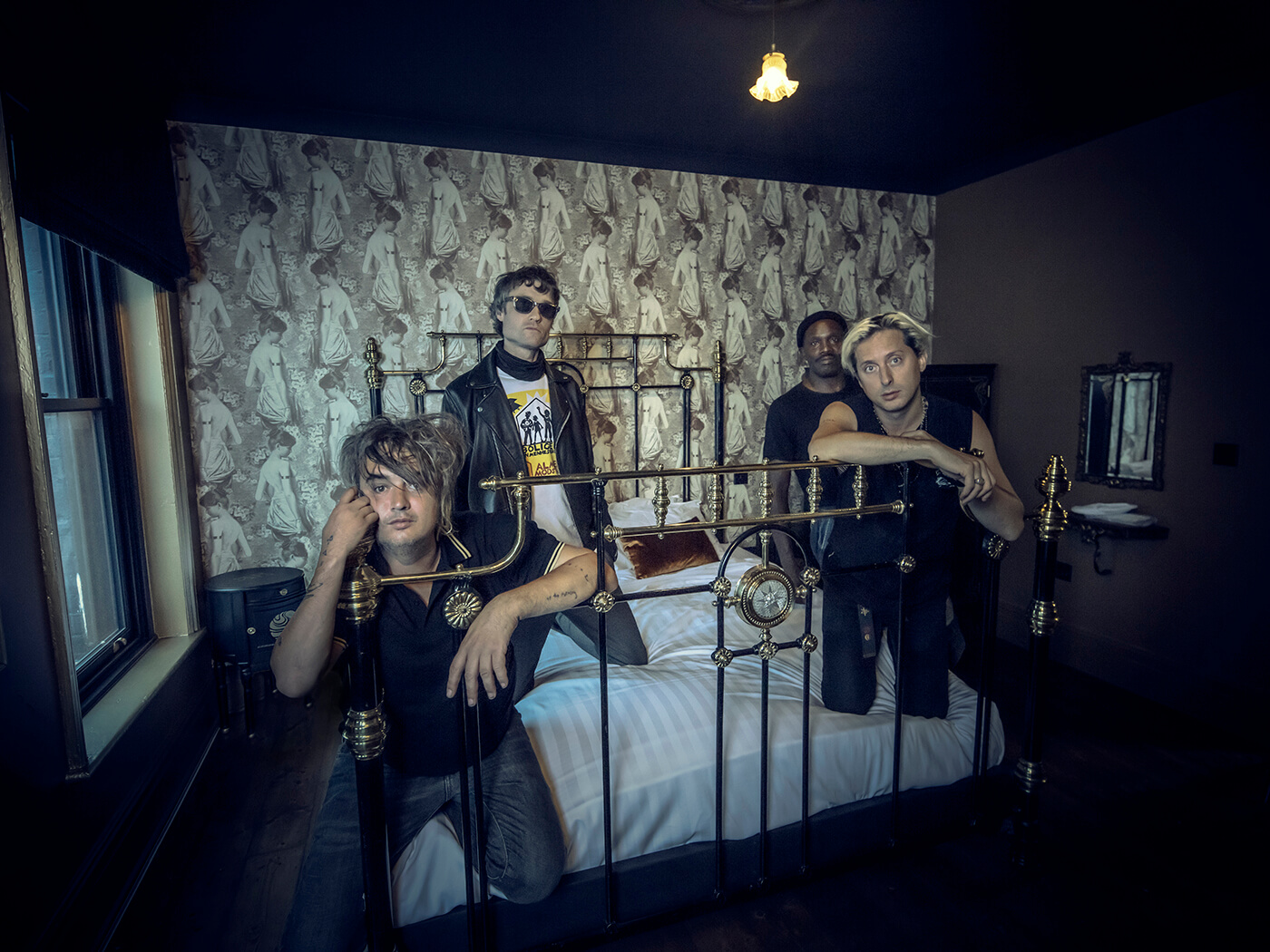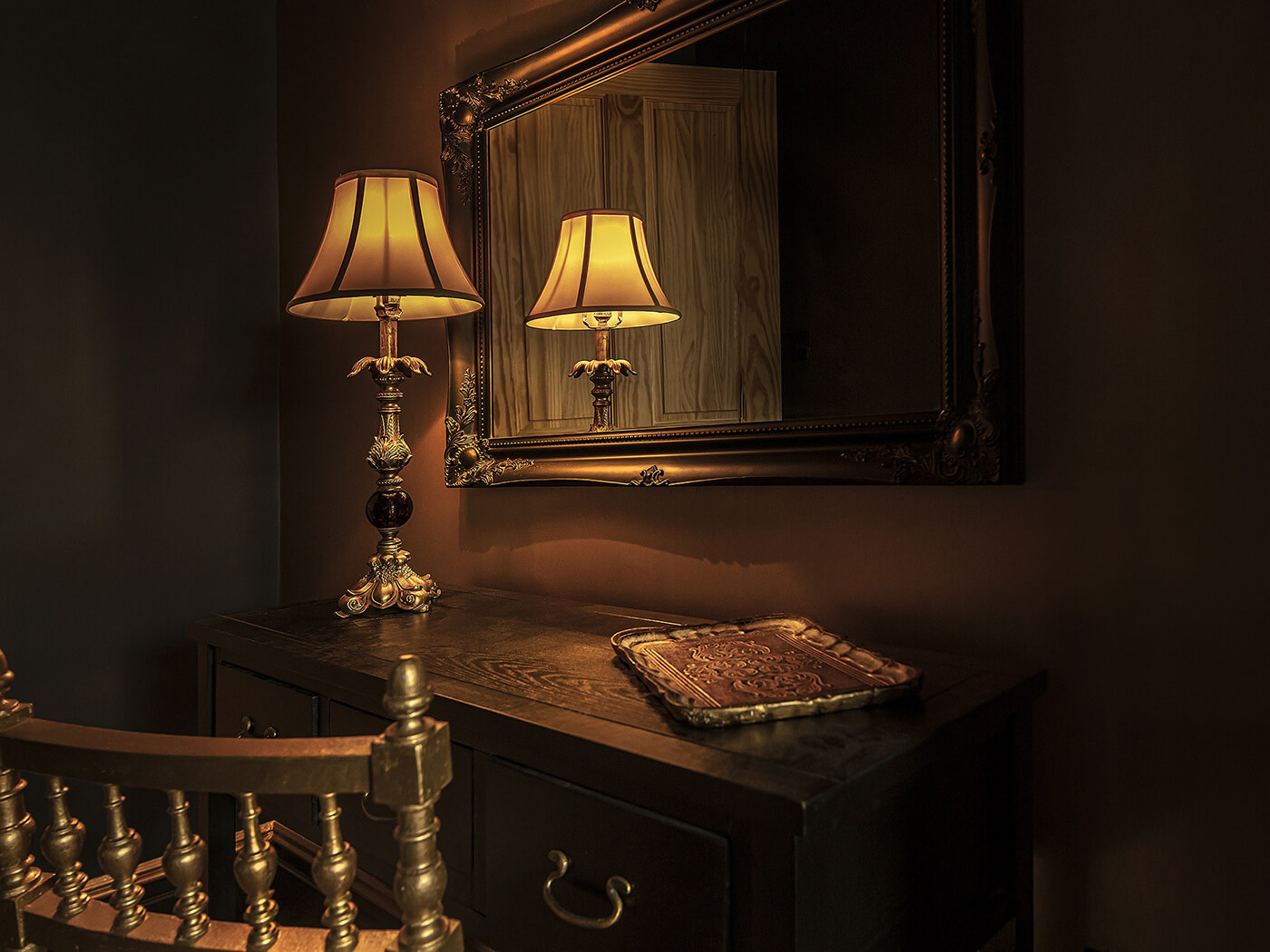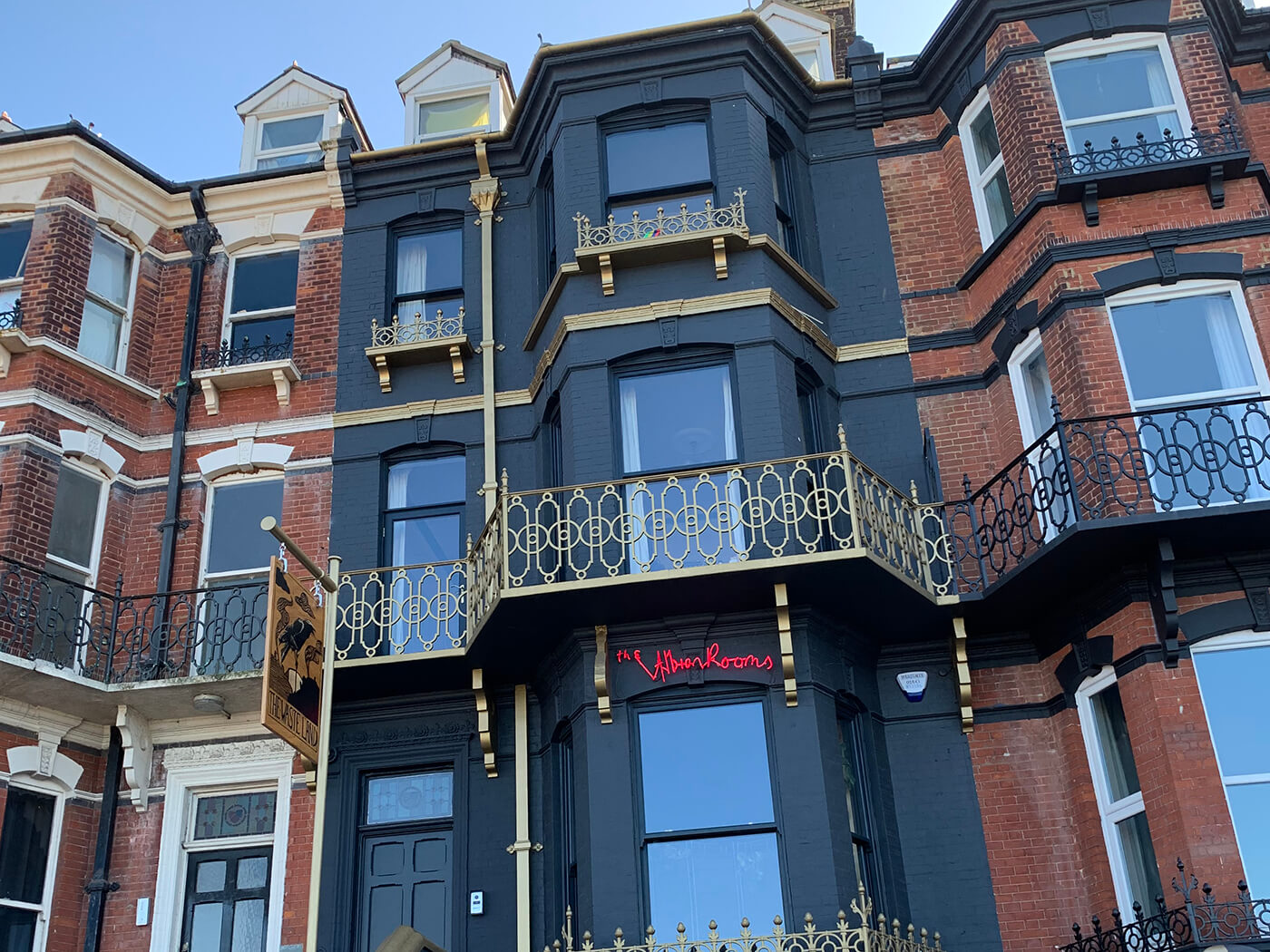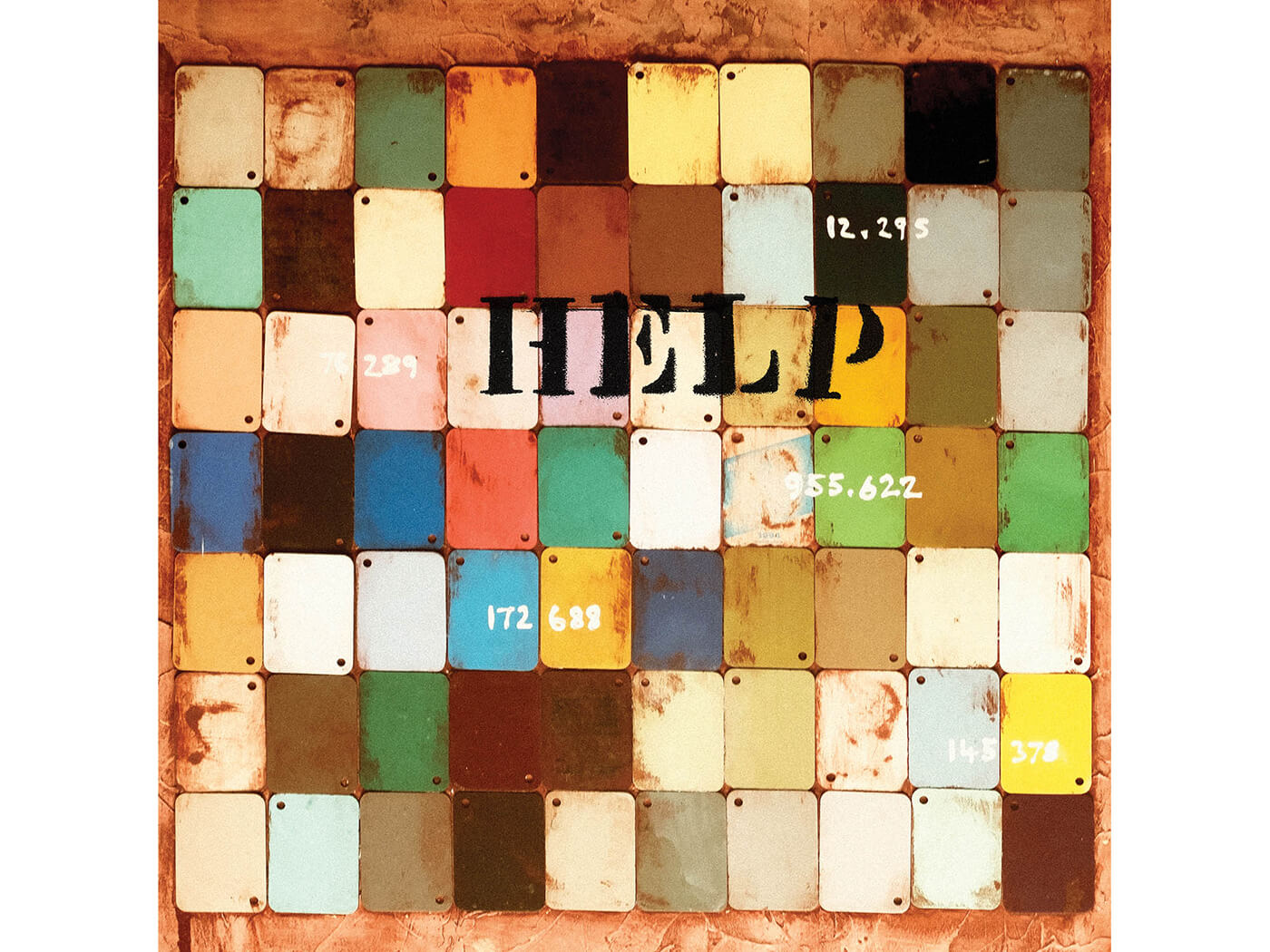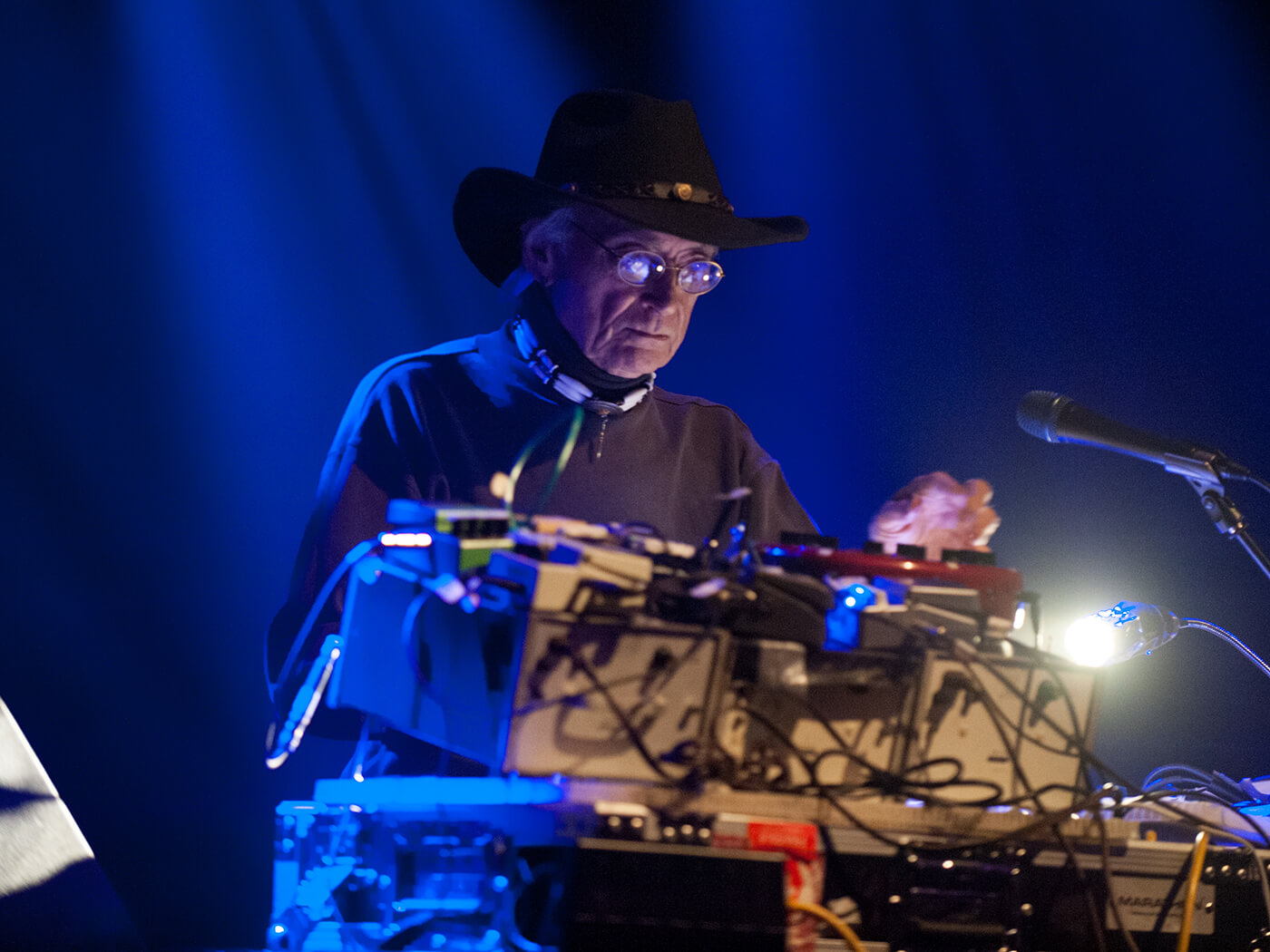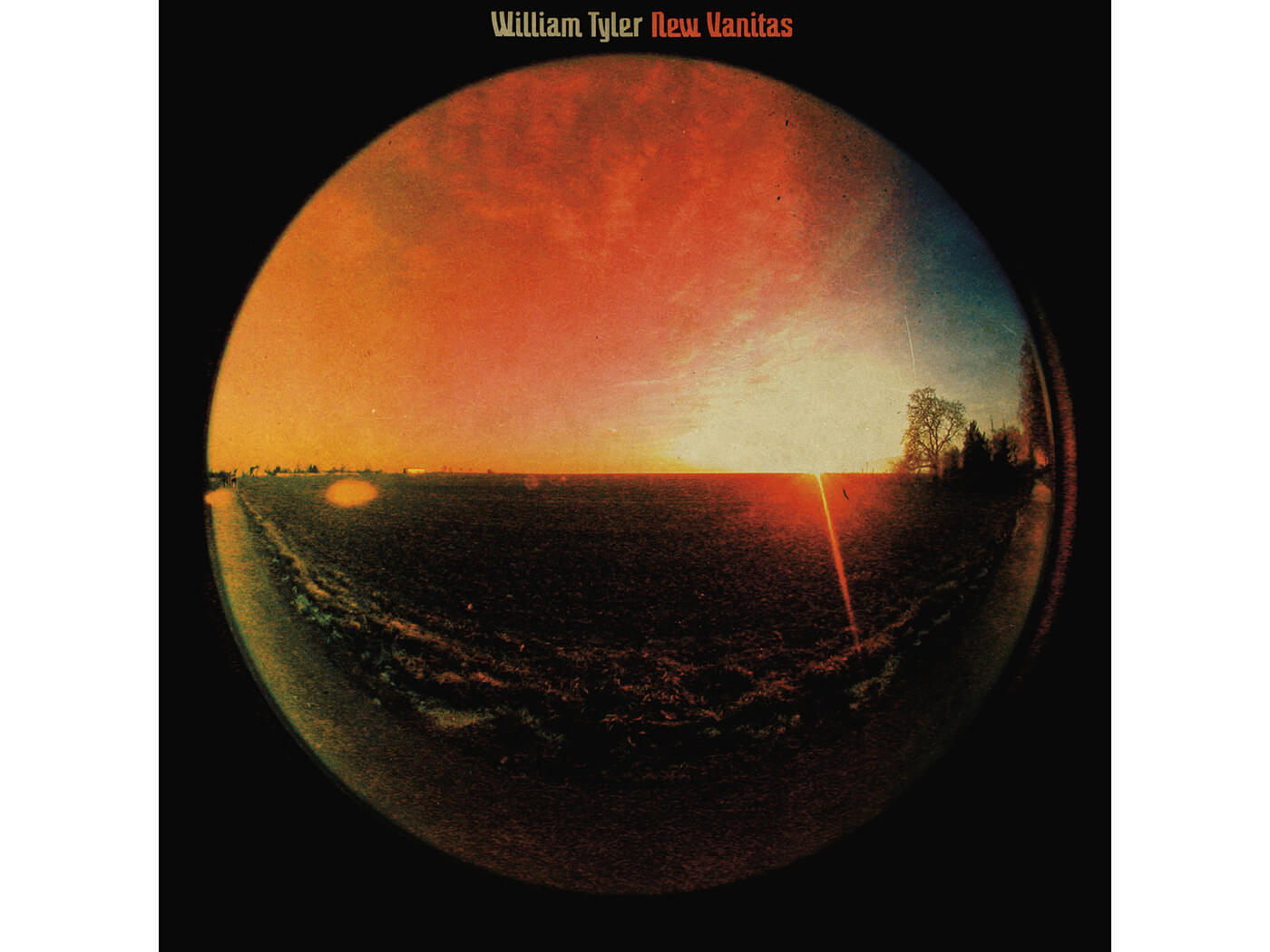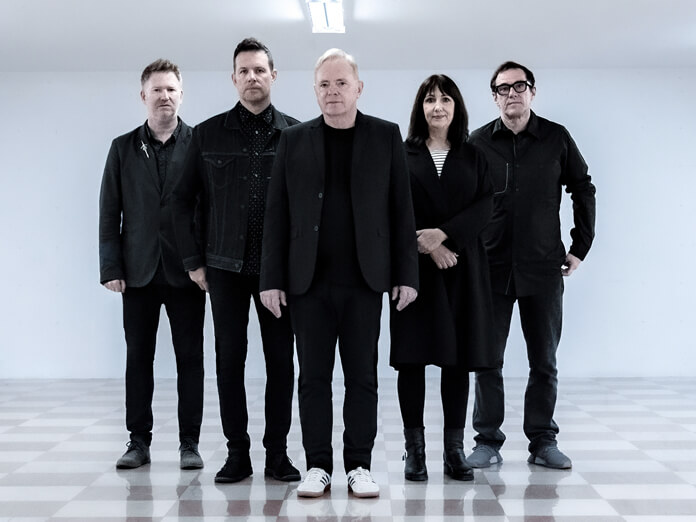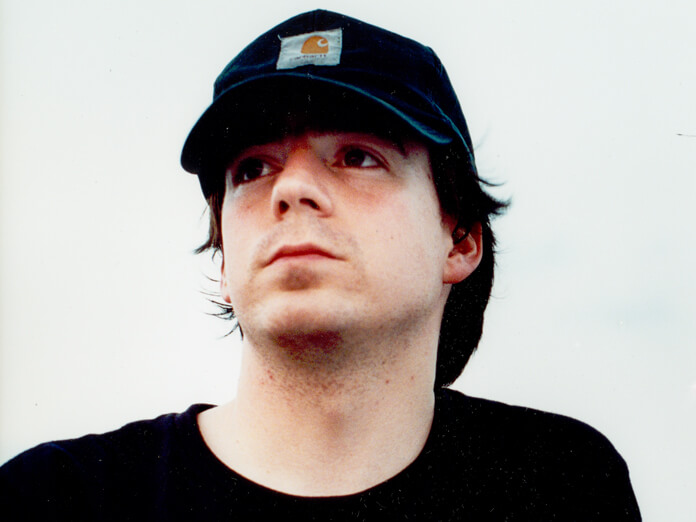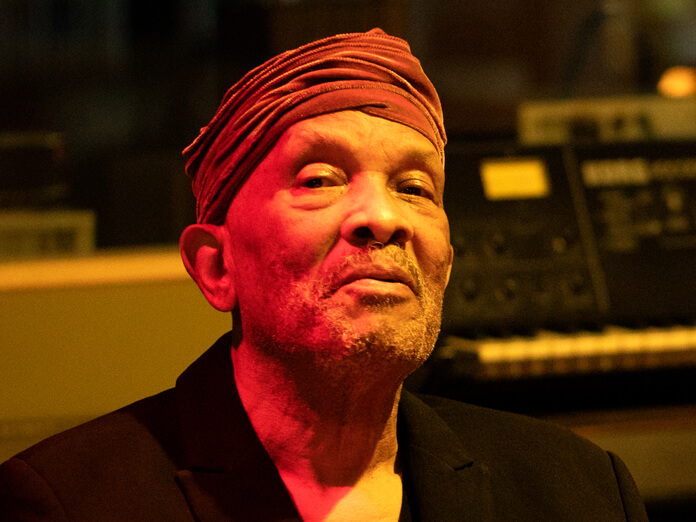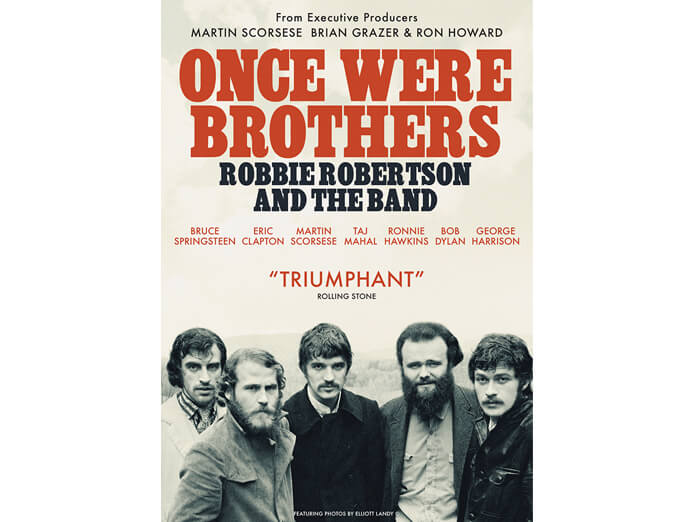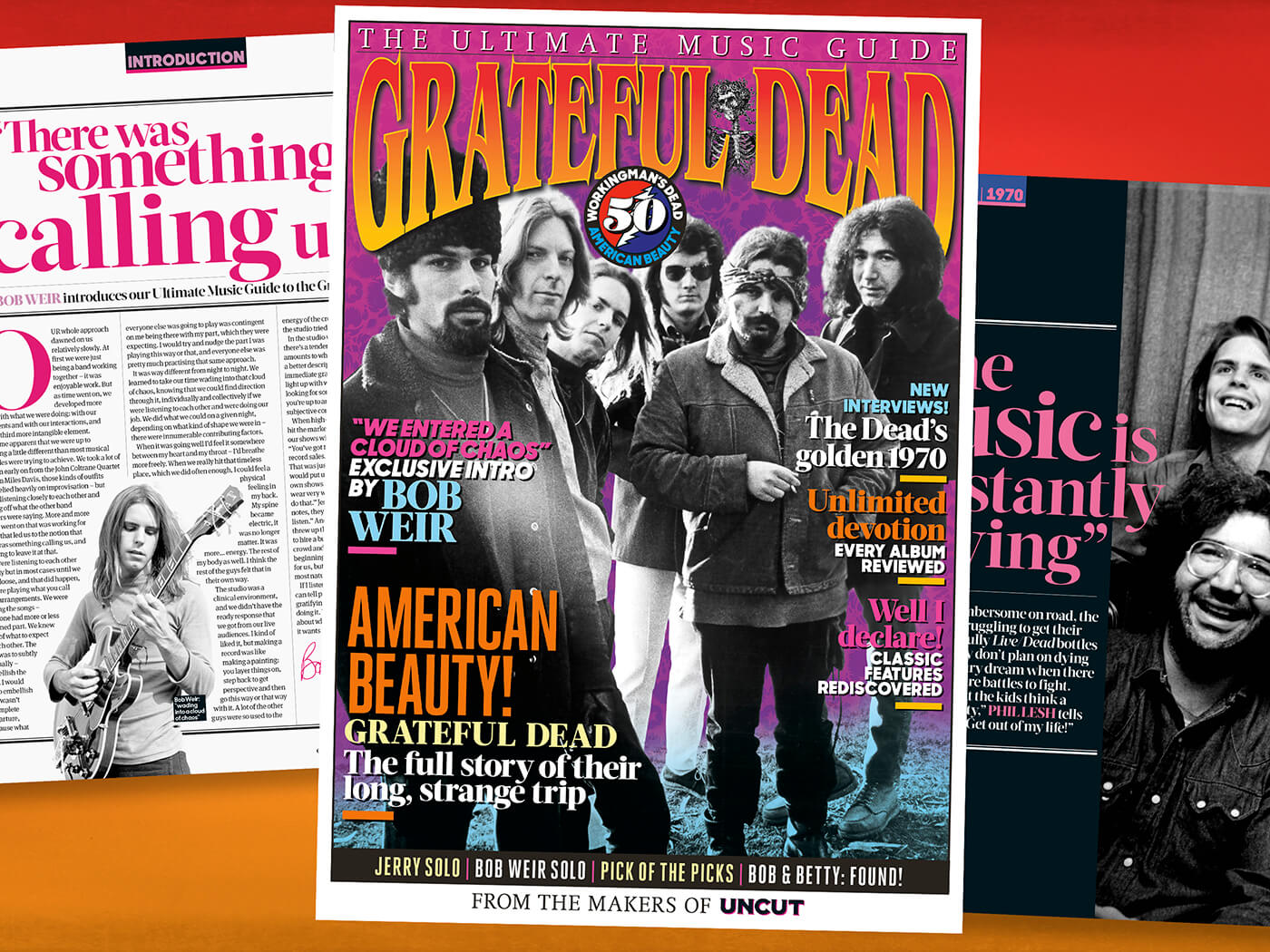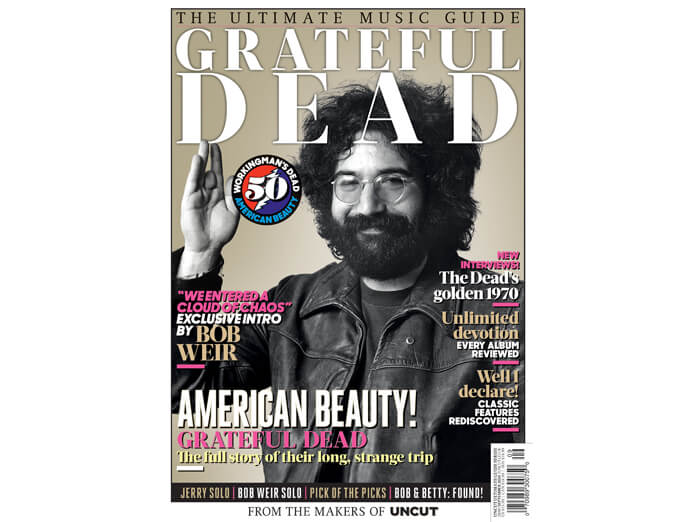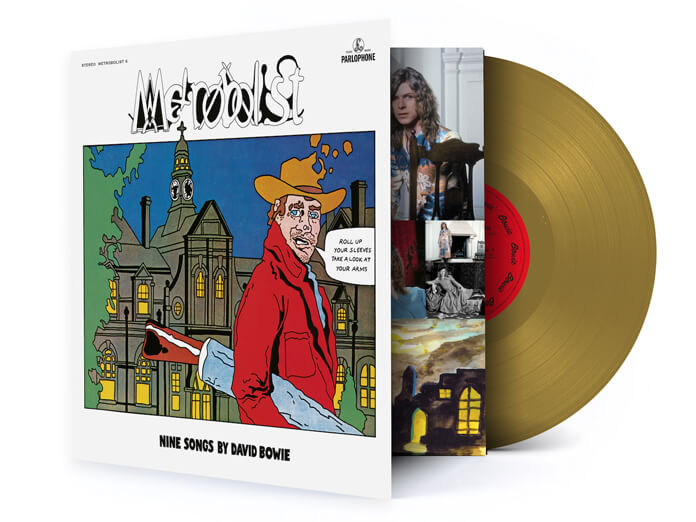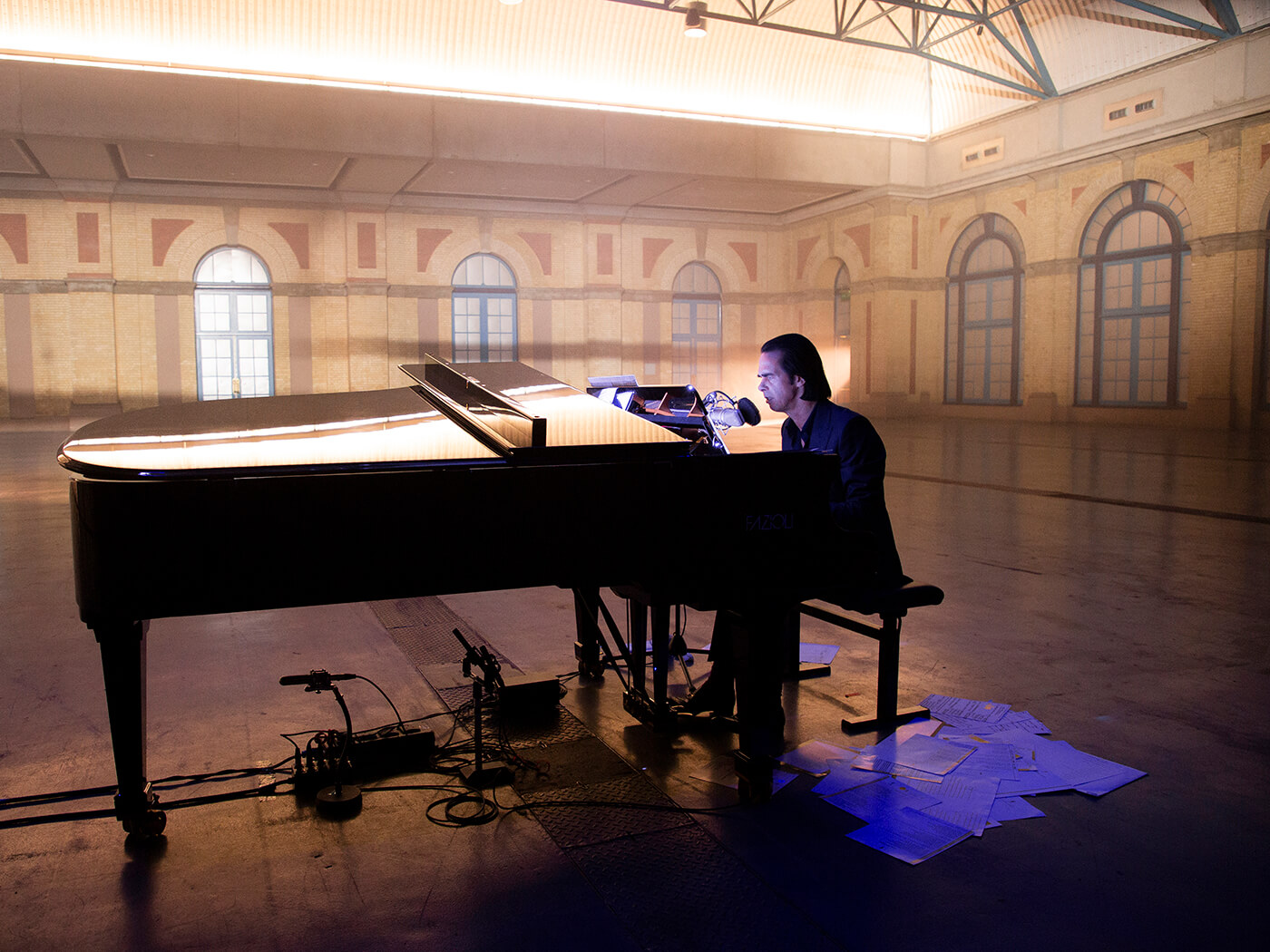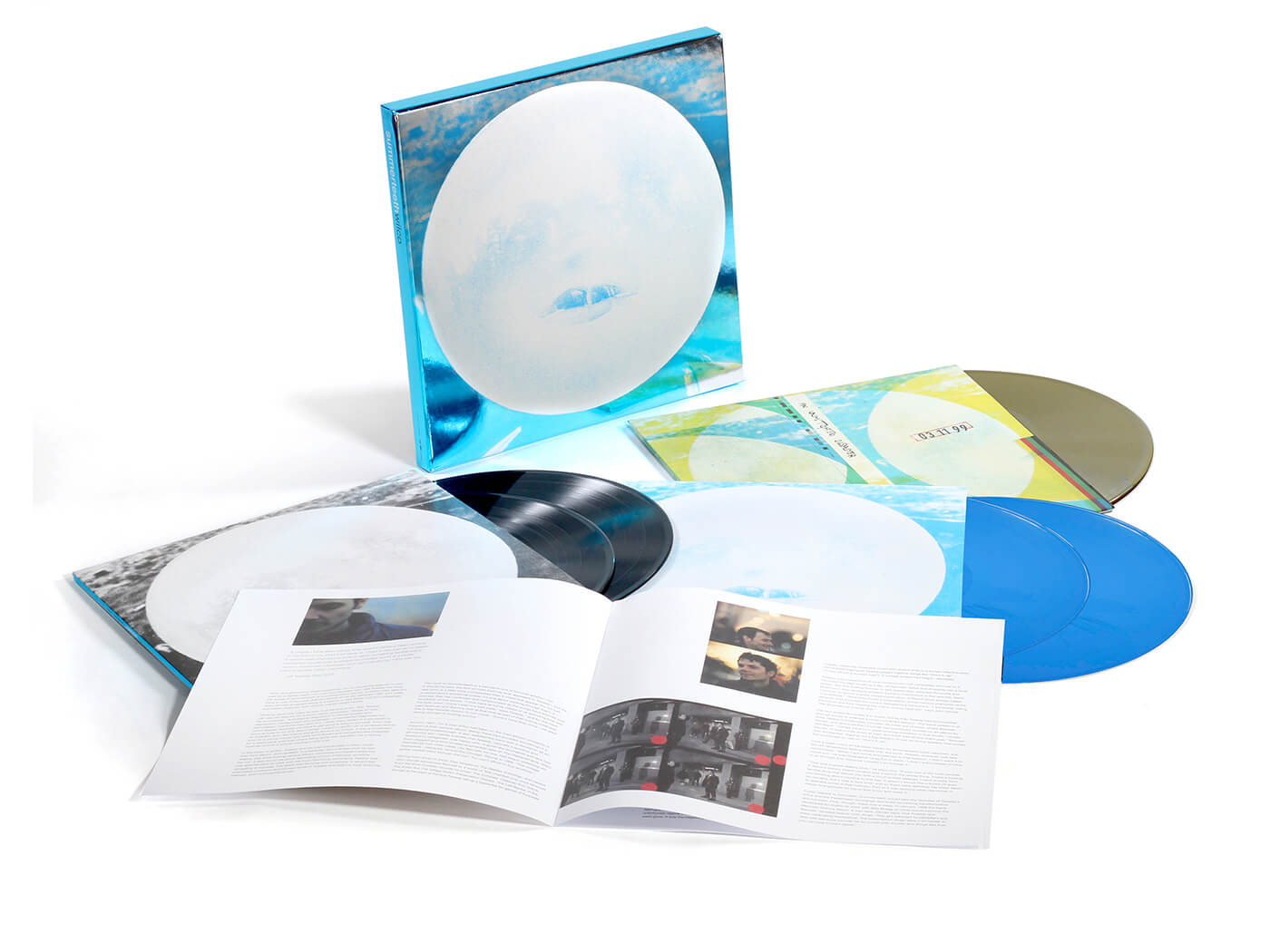Plenty of ink has been spilt on the subject of London’s jazz scene over the last couple of years, but you’ve got to concede that the hype is broadly justified, backed up as it is by an impressive, ever-growing stack of wax. Moses Boyd, Kamaal Williams, Zara MacFarlane, Shabaka And The Ancestors, Emma-Jean Thackray, KOKOROKO – all have released music in 2020 that both feel situated in the jazz tradition, while smartly redefining the form with a modern, quintessentially London sensibility. With Source, saxophonist and bandleader Nubya Garcia positions herself right near the top of that list.
Born in Camden to parents from Trinidad and Guyana who came to the UK in the Windrush era, Garcia started playing piano aged five and played in youth groups before falling into the orbit of Gary Crosby’s Tomorrow’s Warriors in her late teens. A non-profit jam session and community hub that’s proved a vital breeding ground for the current generation of London jazz musicians, Tomorrow’s Warriors alumni generally share tip-top technique, used in concert with a creative freedom to explore sounds outside of familiar jazz boundaries.
Source works around this dichotomy. Centre-stage is Garcia’s saxophone, played with a languid and sumptuous soul that teeters at the boundary between grace and melancholy. Around it, her and her band – at its core, keys player Joe Armon-Jones, double bassist Daniel Casimir and drummer Sam Jones – prove an adaptable unit, their arrangements drawing from dub, cumbia and Latin modes, even as they switch between virtuoso workouts and segments of dreamy repose.
It’s credit to the nous of Garcia and co-producer Kwes that, for all its exploratory moments, Source feels like a coherent and complete work. In part this is thanks to Armon-Jones, whose fleet keyboard work – a mix of honeyed chords and luxuriant extended solos that nod to the influence of fusion pioneers like Herbie Hancock or Lonnie Liston Smith – spray stardust around Garcia’s gently searching sax, or occasionally romp out into their own space.
More broadly, though, it’s that all players are in sync enough to branch out into parallel genres without getting lost in the process. The 12-minute title track is a heavy dub stepper, Garcia’s saxophone coiling sinuously through skanking keys and echo-soaked drum and cymbal crashes, with trombone from Richie Seivwright and a vocal refrain from Sheila Maurice-Grey, Garcia’s bandmate in the London septet Nérija. Maurice-Grey also sings on another excursion into dub, “Stand With Each Other”, a pared-back number with a whiff of militancy that hangs on Jones’s sparse and skeletal percussion. And “La Cumbia Me Esta Llamando” takes a detour into cumbia rhythms, with vocal harmonies and hand percussion from the Columbian trio La Perla, who harmonise with spine-tingling effect.
At times the band can blaze, most notably on “Before Us In Demerara & Caura” – a gymnastic and exhilarating outing which often feels like every member of the band is soloing at once, Garcia’s sax carving agitated zig-zags through the air with barely any let-up. But in Source’s quieter moment, a more spiritual mien emerges.
“Together Is A Beautiful Place To Be” boasts the rich melodic sensibility and calm centredness of a young Coltrane; the closing “Boundless Beings”, meanwhile, is the album’s most complete song, the Chicago vocalist and sometime Chance The Rapper collaborator Akenya stepping up to the mic with a gorgeously sung tribute to the cosmic origins of the human spirit: “Let your inhibitions/Flow with the wind to the sea/We’re timeless creatures, you and me.” If Source occasionally codes as soul music, here’s where the connection becomes explicit.
There is the sense that, while widely recognised as one of the forefront talents of this generation of London jazz, Garcia has generally preferred to stay in the background. In the last couple of years, she’s appeared as part of broader ensembles such as Nérija, as a band member (on records like Moses Boyd’s Dark Matter, Theon Cross’s Fyah or Joe Armon-Jones’s Turn To Clear View), or contributing solo tracks to broader projects, such as Brownswood Recordings’ scene-defining 2018 primer We Out Here. But on Source she’s stepping into the spotlight, and it’s not before time: this is as good an encapsulation of the current wave of UK jazz as you’re likely to find – deeply melodic, brilliantly played, and blessed with a spirit that feels generous and boundless.



